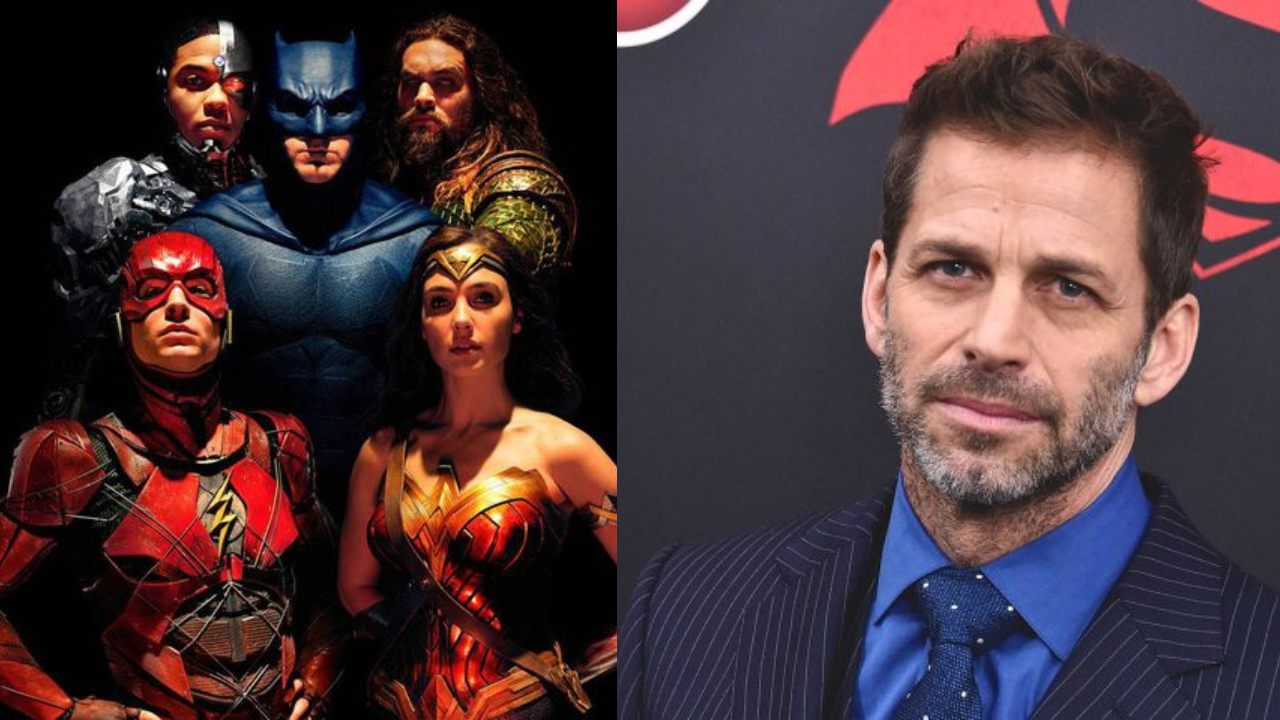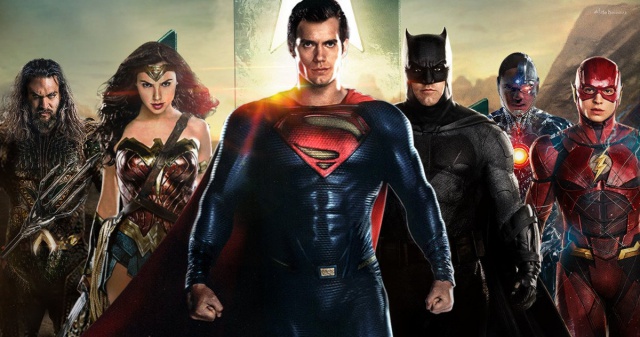Batman V Superman may have been critically panned back in 2016 but it found a passionate and rabid fanbase who not only love the film but have transformed its director, Zack Snyder into a sort of cult hero. His fanbase only grew louder after the complicated events of Justice League.
A quick recap: Around the time of Justice League‘s production, Warner Bros/DC was undergoing a major shakeup. This was due to three films (Man of Steel, Batman V Superman and Suicide Squad) which received mediocre to poor reviews and also failed to live up to box office expectations, and the critical and box office success of Patty Jenkins’ Wonder Woman. Wonder Woman showed DC that the best way to go about their films is to focus on individual stories and find their own identity, instead of trying to play catchup to the Marvel Cinematic Universe.
Then, a tragedy occurred at the Snyder household — Snyder’s daughter committed suicide due to depression. And so, the highly talented visual stylist chose to put Justice League aside and spend time with his family, understandably so. Later, news broke that Warner Bros executives were terribly displeased with what Snyder’s almost-complete version of Justice League, even deeming it “unwatchable.” They later brought in Joss Whedon to handle major script changes, reshoots and post-production. This is the version we saw in theatres. Justice League was also critically panned and did abysmal numbers at the global box office, raking in $US 657 million against a break-even point of $US 750 million. Over the years, passionate Zack Snyder fans have campaigned to release the Snyder Cut, a campaign that is yet to bear fruit.
So, what does any of this have to do with Wikipedia? Well, there is a Wikipedia page titled ‘Versions of Justice League’ that is dedicated to this mythical Snyder Cut, which includes all the intricate details including quotes from the cast and crew. Now, the page has been flagged for possible deletion which has caused an online debate between Wikipedia moderators and the creator of the page.
According to ComicBook.com, Wikipedia moderator Gargus-SCP feels like the page is rather unnecessary, accusing the creator, Fezmar9, or editorial bias.
“The page goes into such excessive detail on every tiny aspect of Zack Snyder’s Justice League and its process in reaching theatres that it seems unlikely to interest or meaningfully inform anyone except dedicated fans of the director’s work who are heavily invested in seeing the ‘Snyder Cut’ released. In fact, it also seems unlikely this subject rises to the standards of notability for such a minutely detailed article, and largely exists so it can be shared in celebration that Wikipedia thinks the Snyder Cut notable enough to deserve such a lengthy article. Smacks of fan bias at every turn.”
Naturally, Fezmar9 feels differently.
“Editor bias is a pretty bold claim. What bias do I have and what evidence do you have that I have one? I thought it was an interesting topic and decided to make an article about it. I felt I neutrally added information whether it was positive or negative. Both the ‘The Snyder Cut’ (2016–2017)” and ‘#ReleaseTheSnyderCut movement’ sections include criticism paragraphs. If I was biased toward the subject, wouldn’t I omit that information?
And if you feel it contains any biases, wouldn’t it be easier to just adjust the language you feel is biased than delete the whole article? I also feel the subject easily meets the WP:GNG. The article in its current state has 134 sources with TONS more out there, so the coverage is significant. The sources provided were also present on Justice League (film) which passed a GA nom so I assume they’re considered reliable. None of the sources are first-party, so they’re all independent of Warner, DC and Snyder. I see no validity to your nomination.”
As of this writing, the page has is still up and running.
I’m neither a huge fan of Zack Snyder (I do think he’s the best visual stylist in the business, though) nor a fan of Justice League. However, I will have to side with Fezmar9 on this part. I’ve read the Wikipedia page a couple of times and nothing in it wreaks of editorial bias. The page seems like a neutral chronicling of a frankly fascinating story.
Follow us on Instagram, Facebook, Twitter or Telegram for more updates and breaking news.




